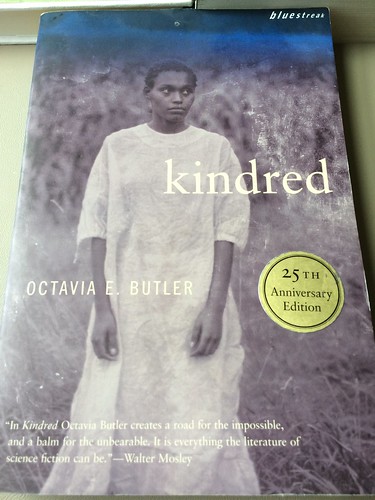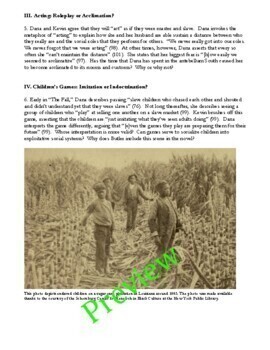
“God is Change,” says one of the many slogans in Olamina’s cultic verse. If we are to stay afloat, she implies, we must change. Her stories of epic or everyday mistreatment, captivity, cruelty, and even torture instantiate what she called, in her Xenogenesis trilogy (1987–89), the “Human Contradiction,” the “genetically inevitable Human conflict: intelligence versus hierarchical behavior.” Critics and celebrators have stressed the accuracy of her predictions, her place in Black American letters, and her knack for disillusion. Many do.) Butler’s prose is always a windowpane, never a jewel trove she’s a writer who deals out novelties carefully, if at all.


You can love those works even if you do not read much SF. There the famously cantankerous Harlan Ellison encouraged her, accepting a story for his infamous anthology The Last Dangerous Visions, which-as the SF world well knows-never appeared. After an associate’s degree at Pasadena City College, Butler took writing workshops at UCLA and found her way in 1970 to Clarion, the nationally renowned science-fiction workshop, then held in Pennsylvania. Raised with few resources in Pasadena by a mother who cleaned houses, Butler heard early on (so she recalled in a brief memoir) that “Negroes can’t be writers.” Feeling “ugly and stupid, clumsy and socially hopeless” throughout childhood, she kept on writing stories, and while still in her teens she conceived of the plot that became her Patternist series of novels.

She knew what it meant to struggle, though unlike Marcus she knew why some of us need science fiction, not just as a way to envision another world but a way to understand how we got this one. The novel appeared three years after Butler won a MacArthur Foundation “genius” fellowship, the first science-fiction writer to receive that honor.


 0 kommentar(er)
0 kommentar(er)
